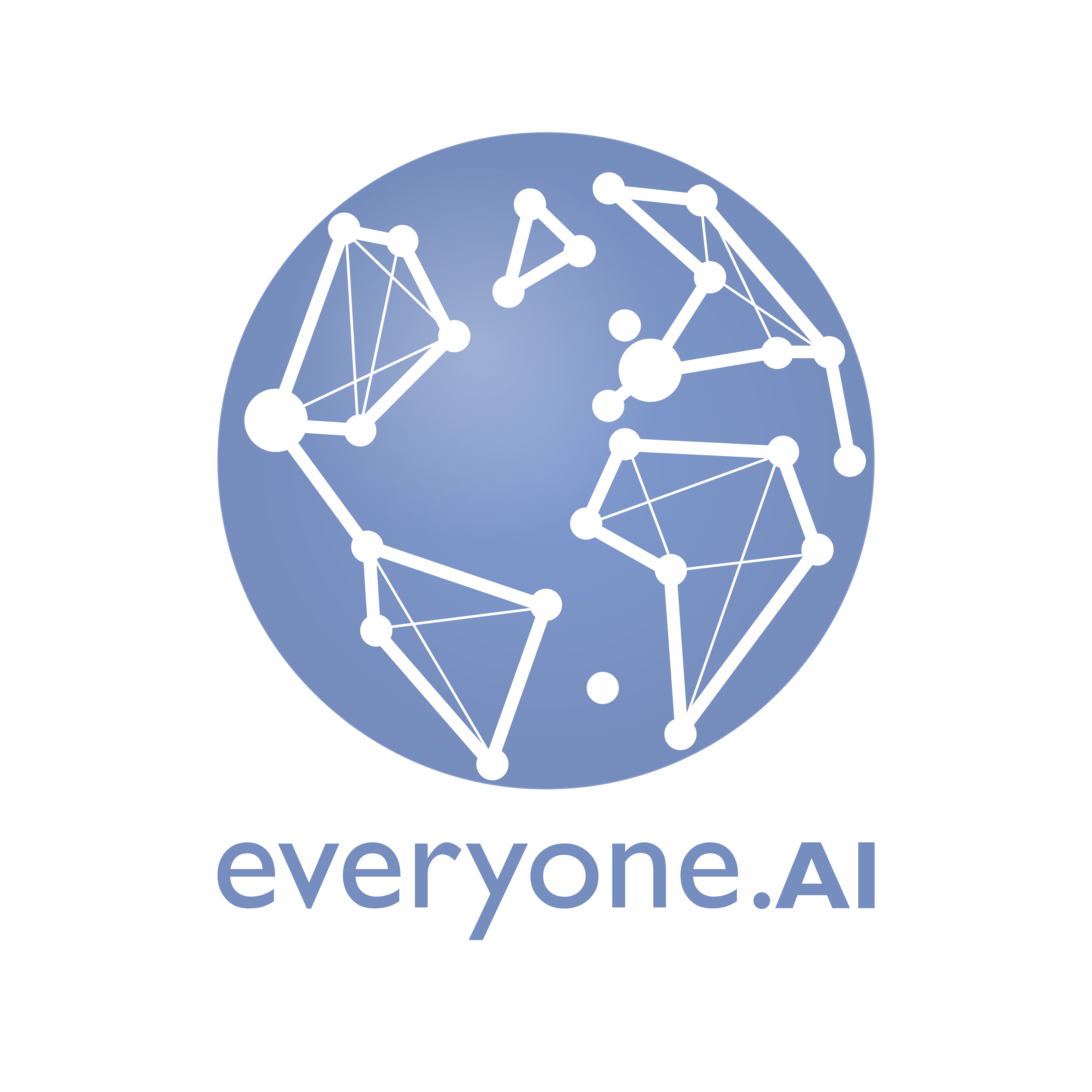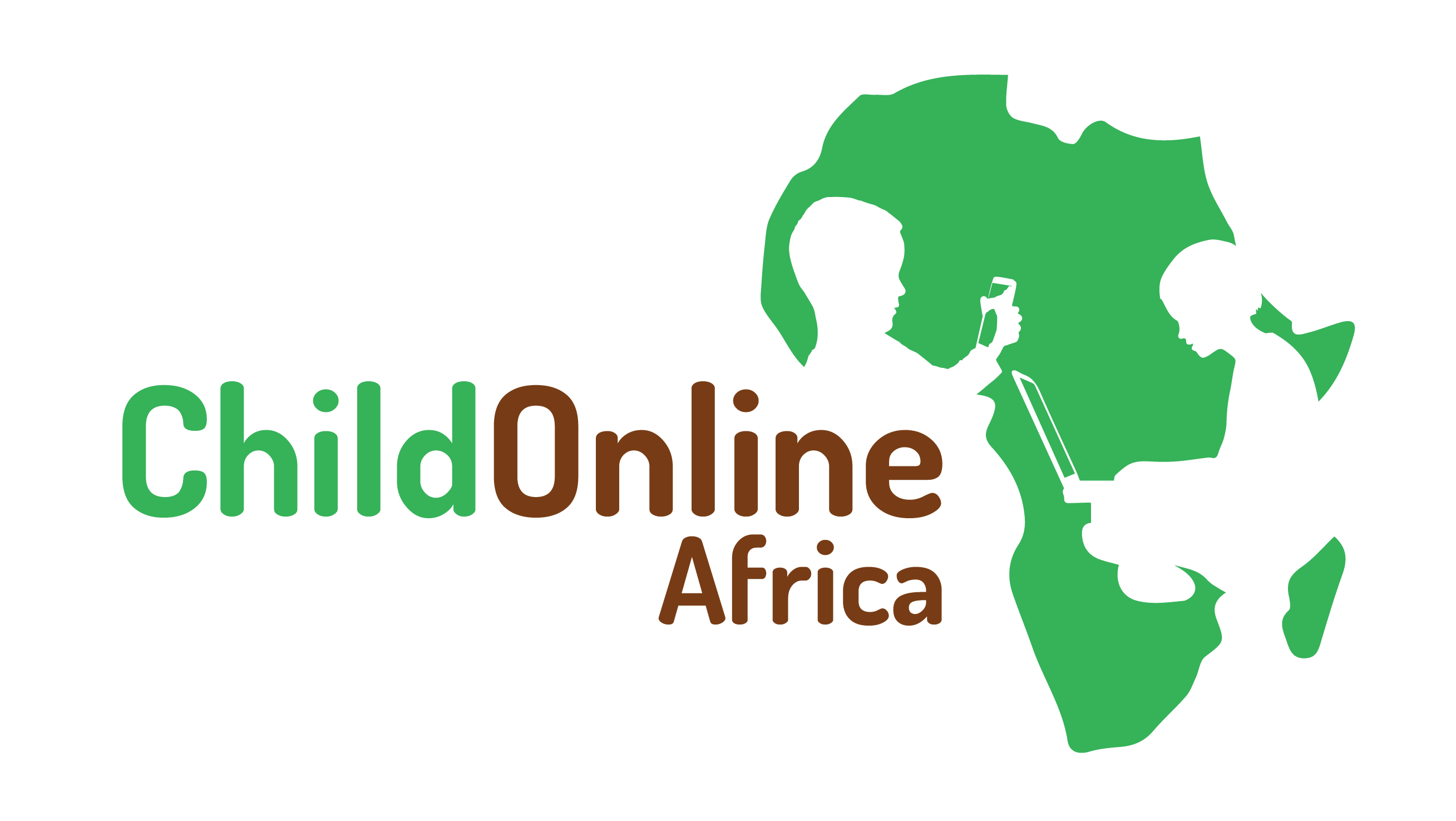Shape the future of AI
Sign the Open Letter
This open letter seeks to draw critical attention to the impact of AI on children and adolescents—a vital issue that has been widely overlooked in discussions about the future of AI. Our goals are clear:
- Define the issue we’re facing
- Stress the urgency of acting now
- Emphasize our collective responsibility
- Encourage action
Our Esteemed Signatories
Stuart Russel, Professor of Computer Science, Cognitive Science, and Computational Precision Health, UC Berkeley and UCSF, David Harris, Chancellor’s Public Scholar at UC Berkeley, Aurélie Jean, Chief AI Officer, Luc Julia, Scientific Officer Renault Group, Grégory Renard, Head of ML, Mathilde Cerioli, Chief Scientific Officer everyone.AI, Michael Wu, Chief AI Strategist, Florence G’Sell, Visiting professor of Law at Stanford University, Arnaud Auger, Director, Deputy Head of C.Lab, Enterprise, Medhi Benhabri-Dubois, French High Official, Michael Preston, Executive Director Joan Ganz Cooney Center, Gauthier Vasseur, Executive Director – Berkeley Fisher Center, Author, Deborah Elalouf-Lewiner, Expert EdTech, CEO at Tralalère, Axelle Desaint, Director of Internet Sans Crainte at tralalère, Laurence Devillers, Professor of AI at Sorbonne, Researcher at CNRS, President of the Blaise Pascal Foundation, Author, Justine Atlan, Executive Director e-Enfance / 3018, Sara Grimes, Wolfe Chair in Scientific and Technological Literacy and Professor in Communication Studies, McGill University
Read our Open Letter
As Artificial Intelligence (AI) reshapes our world, we must ensure it nurtures—not hinders—the cognitive and socio-emotional well-being of those under 25, who make up over 40% of the global population. The responsibility is ours: the decisions we make today will define the AI landscape young people grow up in.
AI mimics vital aspects of human intelligence, drastically transforming how we interact with our environment. Children’s and adolescents’ brains are still developing, and AI-based products’ impact on cognitive and socio-emotional growth, as well as behaviors, could be profound.
From birth to around 25 years of age, the brain experiences sensitive periods when learning is at its peak for specific skills. This innate capacity for rapid adaptation makes young minds exceptionally adept at absorbing new information but also leaves them vulnerable in inadequately stimulating environments, where critical opportunities for optimal learning and development can be missed. AI has the power to enhance education, critical thinking, and creativity — while at the same time it can also disrupt natural learning, exploit vulnerabilities, and alter how young people engage with the world and each other.
To harness AI’s potential while mitigating harm, we must bridge the gap between AI experts and specialists in neuroscience, psychology, and education to anticipate and orient its development so it becomes a beneficial tool. The research is clear: AI can be designed to support cognitive and socio-emotional growth, but only if we integrate deep human insight with technical innovation. Developers must work alongside independent experts to create AI systems that foster healthy development and protect against unintended consequences.
The growing body of work at the intersection of AI, child development and education by dedicated experts across disciplines lays a strong foundation. We must build upon it, and ensure we can balance both potentials and risks so AI-based products benefit children’s long-term interests and rights. Amplifying collaboration is key not only to protecting children’s and adolescents’ development, but also to unlocking AI’s potential to support them in meaningful ways. That is how we can ensure that AI contributes positively to their future — and the future of our society.
Key Elements:
- AI’s Influence on Children: As AI becomes embedded in everyday life, it affects children’s cognitive, socio-emotional, and behavioral development.
- Critical Growth Periods: Children’s brains undergo essential development from birth to 25 years. Unmonitored AI interactions might harm cognitive growth if they replace vital human experiences.
- Understanding AI’s impact: It is crucial to leveraging AI for supporting growth while managing potential risks.
- Social Skills & AI: AI mimicking human behavior can distort children’s understanding of social norms, affecting communication and social skills without proper oversight.
- Ethical AI Design: AI for children must be developed with input from child development experts, ensuring systems support learning and well-being rather than undermining them.
We must raise the broader public’s awareness of the urgency and complexity of prioritizing children in AI development, and expand media literacy programs that equip parents, educators, and children with practical skills to not only navigate but also shape AI responsibly. Ensuring that we create, design, and shape environments where AI serves children’s needs, empowering growth and potential rather than exploiting their vulnerabilities or dictating their futures, is no longer a distant concern, but a pressing reality. It is now the shared responsibility of everyone — leaders, developers, educators, and citizens alike — to anticipate, prioritize, and support children’s cognitive and socio-emotional development. The choices we collectively make today will define not only their future, but the future of society as a whole.
We need your voice. This letter is a rallying call — to AI practitioners, policymakers, and civil society — to recognize, prioritize, and act now to protect children in AI development. Sign and share widely. Every signature strengthens this movement. Let’s build an AI future that truly serves the next generation.
Do you think more people would like to support the cause?
Share our call to action to your favorite platform
How to contribute?
Become a Donor
Share our Work and Publication
By clicking on one of those buttons, it will share our Call to action to your audience
Sponsor Our Events
Make a Tax-Deductible donation
Make a donation in Euros
Your donation is tax deductible in France
for French tax payers.
Tax deductible donation in Dollars
Your donation is tax deductible in Dollars
for US tax payers.










